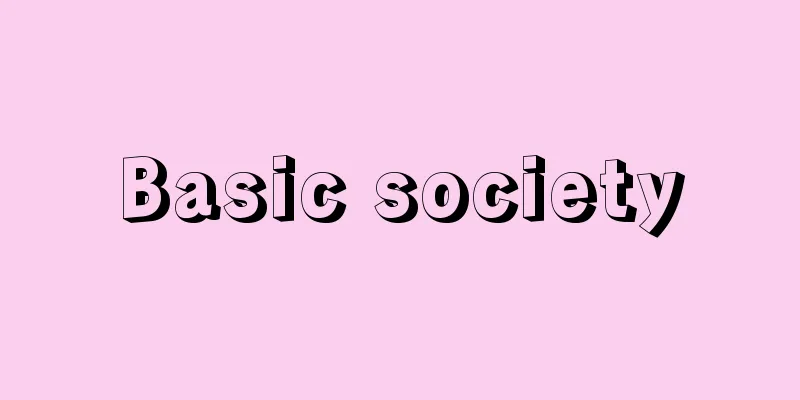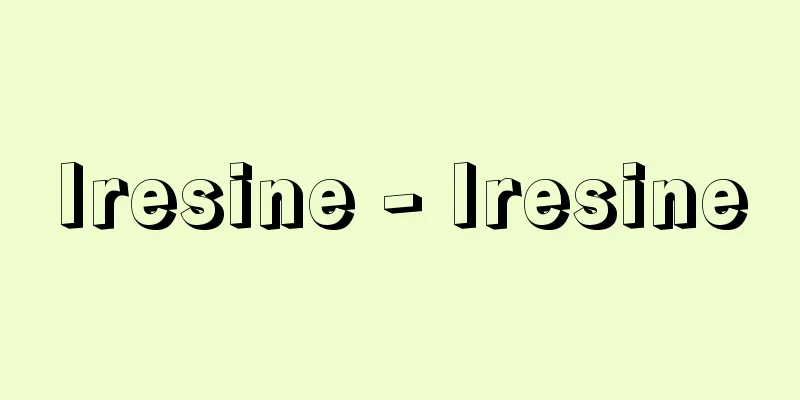fictitious merchant

|
The term "merchant" does not include companies that sell products or services to consumers, as these companies are not independent of each other. In a broad sense, the definition of a "merchant" includes "a person who engages in commercial activities in his/her own name (a proper merchant)" and "a fictitious merchant," as in the Commercial Code. *Some of the terminology explanations that refer to "fictitious merchants" are listed below. Source | Heibonsha World Encyclopedia 2nd Edition | Information |
|
…生産者の販売会社(自動車メーカーの販売子会社等)とか消費者の生活協同組合などは,それぞれから独立していないので,これに含まれない。広義には,たとえば商法の規定のように,〈自己の名をもって商行為をなすを業とする者(固有の商人)〉および〈擬制商人〉を商人とする定義がある。 ※「擬制商人」について言及している用語解説の一部を掲載しています。 出典|株式会社平凡社世界大百科事典 第2版について | 情報 |
<<: Aerial plants - aerial plants
>>: Existing conditions - Existing conditions
Recommend
East Coker
…Published in 1943. It consists of four chamber m...
Grylloblattidae yuasai (English name) Grylloblattidaeyuasai
…[Yamazaki Harane]. … *Some of the terminology th...
Bhagalpur
An ancient city in northeastern India. Located on ...
Avencebrol
…Jewish poet and philosopher, born in Malaga, And...
Reed pipe
...The koto is placed on a low, four-legged stand...
Camagüey (English spelling)
A city in central-eastern Cuba. It is located abou...
Marunuma
This lake is located in Katashina Village, Tone C...
Nouvelle vague (English spelling) [France]
The term "new wave" is French for "...
Imitation - Imitation
…Here we can clearly see the precursors of Hellen...
Oshu Chrysanthemum
...The tubular petals that extend around the flow...
Johann Hevelius
German astronomer. Producer of early detailed map...
Astirhan Han (English spelling)
Astrakhan was founded in 1466 by Qāsim Khan in th...
Kitsuki Domain
During the Edo period, this domain ruled the Kits...
zygote
…When sexual reproduction occurs, reproductive or...
Horashinobu - Horashinobu
An evergreen fern of the family Pteridophyceae (il...









